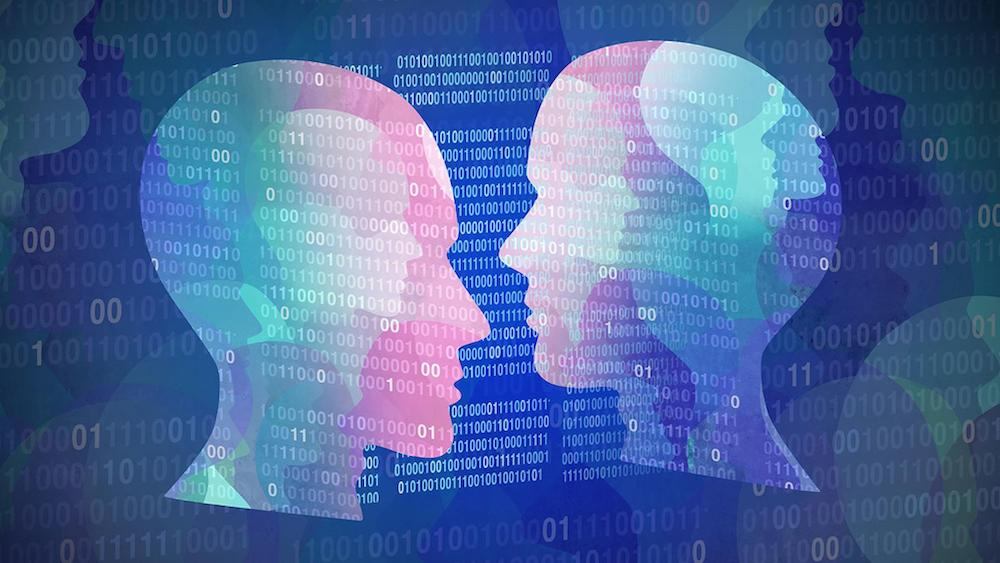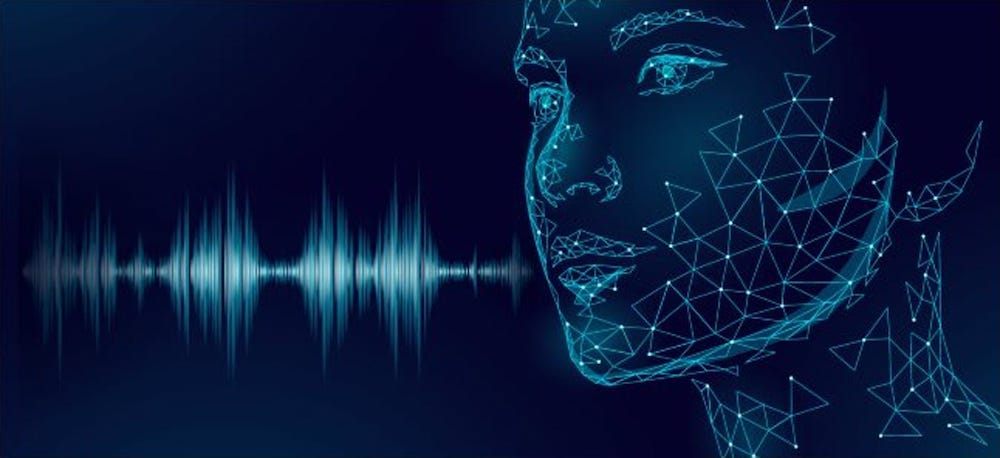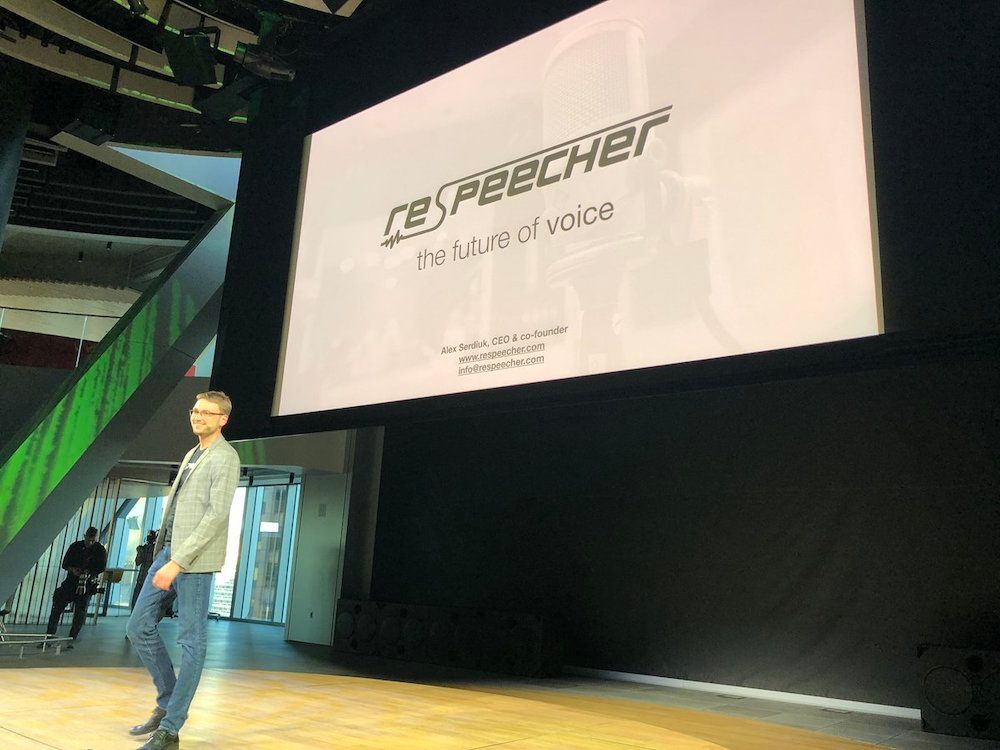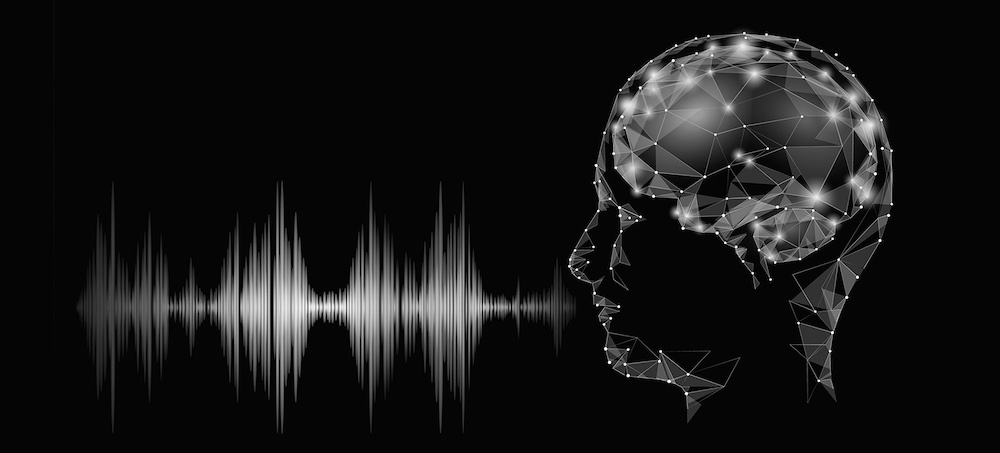Deepfakes have recently been making headlines for their ability to sway individuals and the capacity to mimic the voices of just about anyone on the planet. This brings up questions of security and even threats, while there are others who are thinking about the endless possibilities that this could offer.
These could be attributed to an emergent trend that has been making waves in the industry – voice cloning technology. I, for one, am amazed at what this technological advancement has to offer, especially with the renewed debate about its place in this world.
For those like me who want to know more about voice cloning technology, how it works, the benefits it provides, and many others, stay tuned for what I have to discuss in this article. Below are topics that I will be touching on.
- What Is Voice Cloning? Get To Know This Technology
- Learning How To Use Voice Cloning Technology
- Current Uses Of Voice Cloning Technology
- Why People Turn To Voice Cloning

What Is Voice Cloning? Get To Know This Technology
To truly understand what voice cloning is, I will start by explaining this technology. In a nutshell, I think it is safe for me to say that voice cloning is an offshoot of digital cloning. Digital cloning is a way to manipulate audio to make it hyper-realistic, making it challenging for individuals to discern it from what is real and what is not.

Voice cloning, then, is creating and manipulating a person’s voice using artificial simulation and deep learning technologies to synthesize voices similar to that of the original or the particularly targeted human voice.
When the use of voice cloning technology is successful, I find that the differences between the real voice and the one created by artificial intelligence and other deep learning mechanisms are hard to even identify in the first place.
I find that this synthetic speech is often utilized by virtual assistants nowadays, with the likes of Siri and Alexa having more natural human voices. These voices are even present when I listen for directions on Google and many other platforms.
How Voice Cloning Technology Works
Voice cloning primarily works with text-to-speech (TTS) technology. This technology works by leveraging past and existing audio recordings to provide an extensive library filled with words and phonemes or units of sound, both of which will be used to create coherent and intelligible sentences. This particular approach falls under Concatenative TTS.
On the other hand, Parametric TTS also exists. This approach works by leveraging existing statistical models of speech and uses these to create a voice. Thanks to technological advancements in the field, there are now easier and more streamlined ways to let voice cloning work.
Today, many of the platforms and companies in the field use artificial intelligence coupled with deep learning tools and even classical digital signal processing algorithms to learn about targeted voices on a deeper level and create more nuanced and natural ones.
Learning How To Use Voice Cloning Technology
Just as there are numerous deepfakes and voice clones available on the market today, there are also just as many mobile applications and companies that are dedicated to bringing voice cloning technology closer to users. One of these is no other than Respeecher.

From what I have mentioned, some readers may already know how voice cloning works. Through the use of voice cloning software with the help of an online artificial intelligence technology, synthetic speech is achieved. Respeecher does just that and more.
Unlike the traditional text-to-speech approach, Respeecher makes voice cloning possible by simply allowing a person to talk and use another person’s voice with the help of artificial intelligence. For me to use Respeecher and other similar voice cloning technologies in the market, I find that obtaining permission from the voice talent I plan to mimic or use is the best way to go about this.
Once I get permission, all I need to do is collect the voice data through high-quality recordings and use the specific app or company. Then, they will work their magic and send over the voice clones to me using my desired message, which I have personally recorded.
Who Uses The Program
All types of people can use voice cloning programs like Respeecher, even me. Provided, of course, that I have obtained permission to use my target person’s voice.
Apart from me and other ordinary people who are simply interested in the said technology, I discovered that some of the industries and communities that use voice cloning technology include the likes of filmmakers, game developers, and other types of content creators in the field.
Besides these, I find that voice cloning technology is also widely used in advertising, audiobooks and podcasts, dubbing and localization needs, and other applications. As I have said, it is prominent not just in virtual assistants but also in navigational systems, chatbots, and many others.
Current Uses Of Voice Cloning Technology
Speaking of filmmakers, I chanced upon one of the latest controversies in the field involving the use of voice cloning technology. This happens to be the recent documentary about Anthony Bourdain titled Roadrunner: A Film About Anthony Bourdain by Morgan Neville.

The controversy surrounding the documentary stemmed from the director’s use of artificial intelligence to generate lines that were written by Bourdain himself but never spoken aloud. Following the release, many fans and critics worldwide questioned the ethics of the film because of the use of deepfakes.
Now that I have gotten that out of the way and have successfully demonstrated the use of voice cloning technology in film, I want to introduce other fields that use this. I have already mentioned that voice cloning technology has been used in navigational systems, something which I find helpful for finding directions.
Besides these, I discovered that voice cloning technology is used for interactive training and learning, especially in offices and companies, for call centers, and other similar institutions. These are also used for narrating audiobooks and even by celebrities for their dedicated mobile applications and gaming needs, among many others. The possibilities are endless.
Ethical Implications Of Using This Technology
With the technological advancements and significant strides that voice cloning has had in the field, it does not surprise me to see that there are ethical implications being raised against this, especially when it can impact the lives of the people in question and many others as well.
One of the main issues surrounding the use of voice cloning technology and deepfakes is identity theft. Of course, it also opens up discourse surrounding phishing scams, misinformation, the potential for blackmail and bullying, and many other concerns.
Because of this, I find it even more important to stress to work with mobile apps and companies, such as Respeecher, who value obtaining consent before transforming the voices into cloned versions. This way, all parties are in agreement about how their voices will be used.
Why People Turn To Voice Cloning
There are various reasons why people turn to voice cloning technologies and use them in their lives. Personally, I am interested in voice cloning technologies to streamline my day and make my life easier, which is why I greatly rely on the use of voice assistants.

Beyond my personal use, I find that there are other reasons why people use voice cloning. For businesses, I found that this could mean replacing manually typed commands in favor of voice commands. When it comes to education, it allows individuals to easily record notes more accurately and to go over these again without any difficulties.
These could even help people with disabilities or other health issues as they navigate their way through the world and provide them with the means to speak naturally to other people, making communication much easier and effective.
In terms of entertainment, film companies often use voice cloning technology to recreate and mimic the actual voice of the actor who has died in order to keep the production alive. This is often used in conjunction with digital cloning of the actors themselves, such as the case of Paul Walker’s death before finishing Fast & Furious 7.
Detecting Voice Cloning
These days, I find it quite challenging to detect synthesized voices. This is often quite the case with human ears. However, I discovered that voice cloning technologies could be detected by using specialized artificial intelligence-powered software.
The means to detect voice cloning comes highly in demand as more and more individuals are exploring the power that this technology holds. This software ensures that spoofing and fraud, and other criminal-related acts, are avoided in just about any industry.
The Takeaway
Voice cloning technology has shown me the various possibilities of advancing just about any field or sector today with its aid. In leveraging artificial intelligence and making use of classic and traditional methods, the future of voice cloning and creating audio content is undoubtedly brighter than ever.